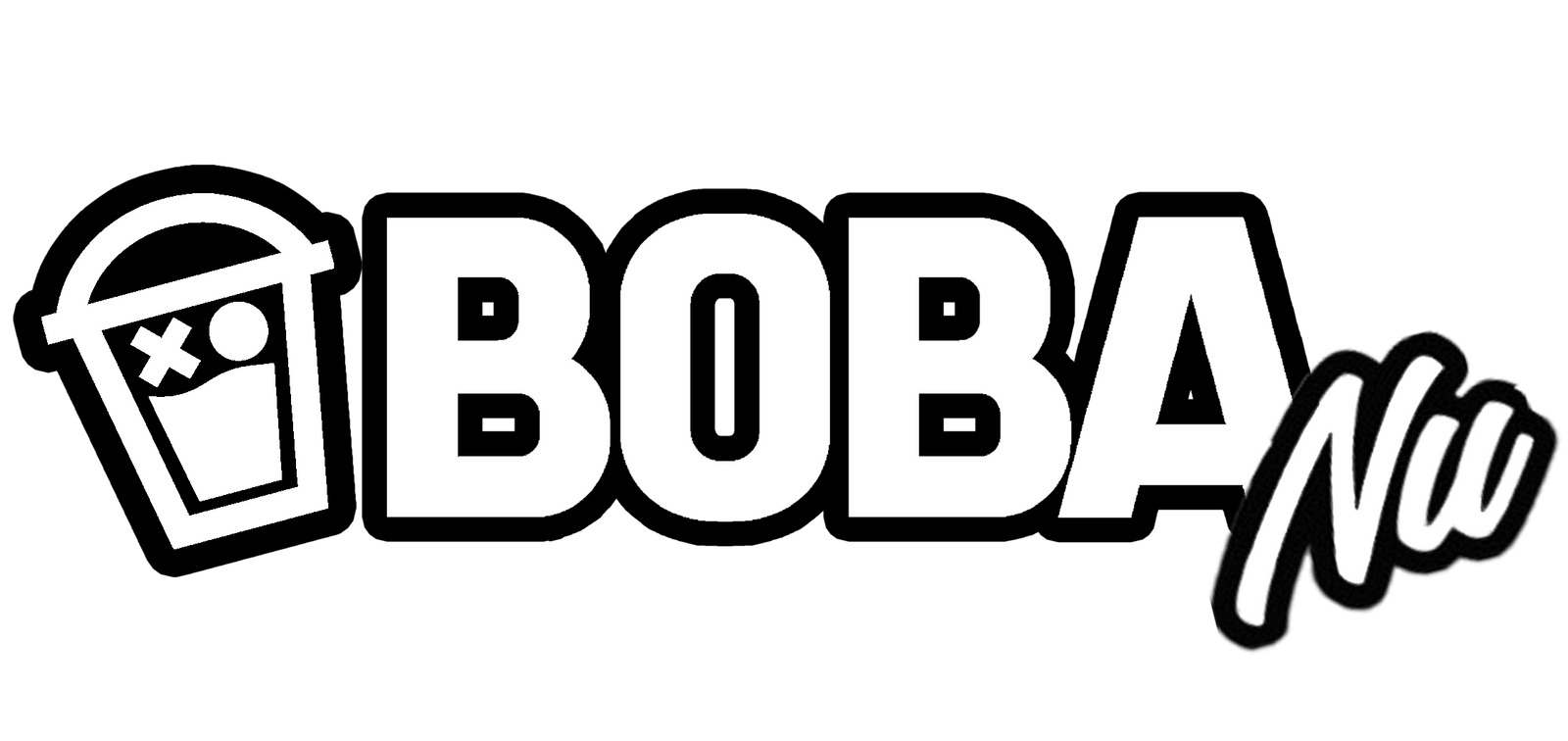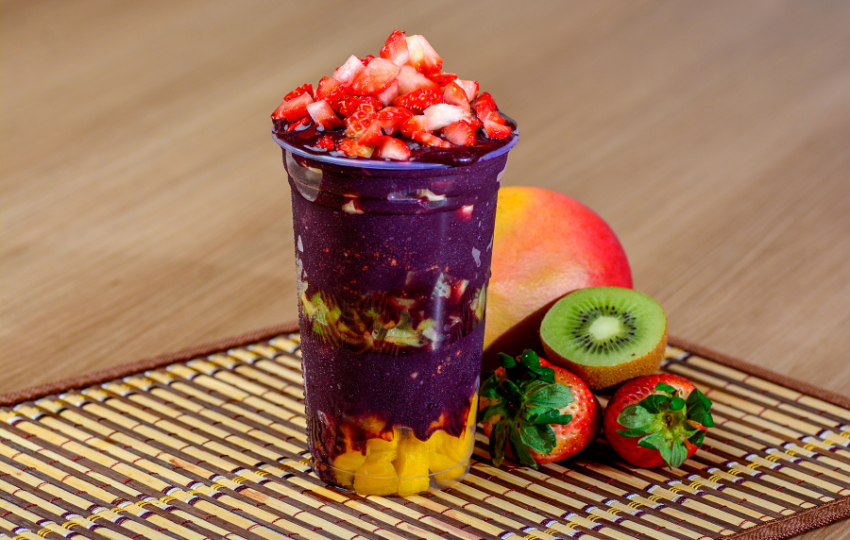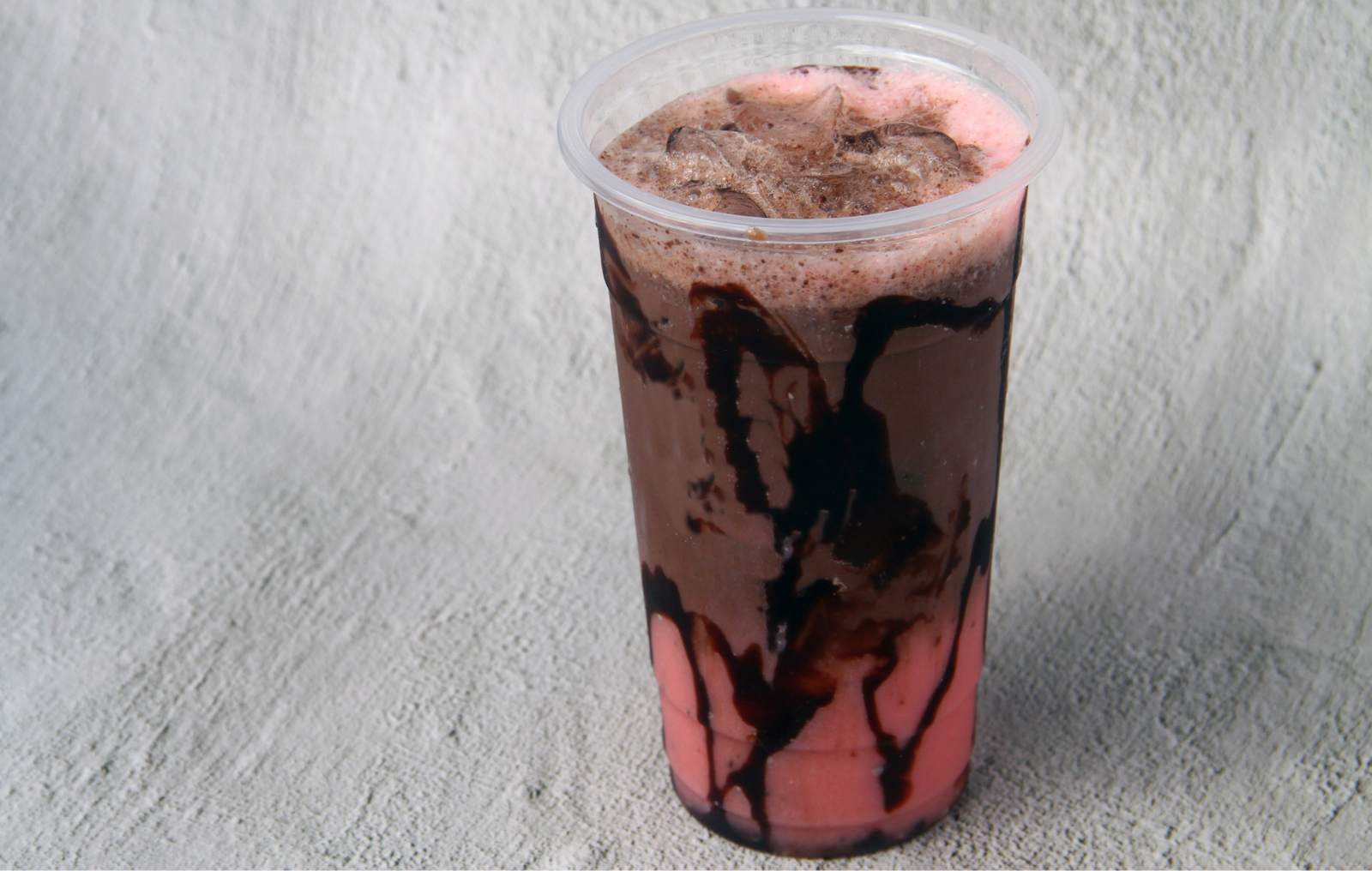Introduction - Pea Protein Explained
Pea protein has seen a massive surge in popularity over the past few years and is emerging as the next wave in the vegan and plant-based nutrition sector. This guide will detail everything you need to know about pea protein—from health benefits and nutrition to tasty ways to incorporate it into your diet, including your fave boba drinks.
What is Pea Protein?
Pea protein is derived from split peas, which are a staple in the plant-based diet known for their high protein content. The extraction process involves isolating the protein from the peas, resulting in a powder that's rich in essential amino acids, vitamins, and minerals, making it an excellent supplement for muscle growth, weight loss, and overall health.
How is Pea Protein Made?

Pea protein is made from split peas.
How? The peas are ground, mixed with water, then separated to leave a protein rich liquid. This liquid is then dried into a powder, giving us pea protein isolate that’s ready to use.
What is Pea Protein Good For?
Pea protein is great for muscle growth, heart health, and weight management. It’s a plant-based protein, perfect for vegans, lactose intolerant individuals, or anyone looking to add more protein to their diet.
The Health Benefits of Pea Protein
Muscle Growth and Repair
- Pea protein has a rich source of branched-chain amino acids (BCAAs), which are crucial for muscle repair and growth. Its high-quality supports the body's muscle-building and repair processes.
Weight Management
- With pea proteins ability to provide a feeling of fullness and reduce cravings, it can be an exceptional tool in your weight loss journey. Pea protein into your diet can help manage appetite and reduce calorie intake.
Heart Health
- Studies show that pea protein can contribute to heart health. It lowers high blood pressure and improves cholesterol levels. Thats all thanks to its unique composition of amino acids and peptides.
Pea Protein vs. Whey Isolate Protein
Pea protein stands out among other proteins for its balanced amino acid profile and digestibility. When comparing it to whey isolate protein, pea protein is hypoallergenic and suitable for those with lactose intolerance, vegan diets, or dairy allergies.
Check out our blog Whey Protein vs Plant Protein - What's the Difference? For more information on the comparison of the two.
Incorporating Pea Protein into Your Diet

Pea protein is versatile and can be easily added to smoothies, boba teas, baked goods, and more. This section will provide you with simple and nutritious recipes to help you get started, ensuring you meet your daily protein requirements deliciously and effortlessly. Check out our Boba Protein recipes to add to the fun and flavor!
Pea Protein and Fitness

For those ingesting protein specifically for athletic attributes and muscle recovery, pea protein brings on a plant-based alternative to supports muscle repair and growth without the digestive issues.
Pea Protein for Weight Loss
Beyond muscle building, pea protein can play a significant role in weight management. Its high protein content and "full feeling" aspects make it ideal for those looking to lose pounds without feeling deprived.
The Environmental Impact of Pea Protein

Choosing pea protein doesn't just benefit your health but also the planet. The sustainability of pea protein production compared to other animal-based proteins, portrays lower water usage, carbon footprint, and land requirements.
What Does Pea Protein Taste Like?
Pea protein has a mild and slightly earthy taste. Some love it, some hate it but those who have to settle for it based on their dietary restrictions are appreciate of the solution. It's more neutral than other plant-based proteins, making it easy to mix with other flavors in smoothies and recipes without overpowering them.
How to Make Pea Protein Taste Better?
To improve its taste, try mixing pea protein with flavorful liquids like almond milk or fruit juices. You can even add sweeteners or spices like cinnamon. If you struggle with the flavor, blend with fruits in smoothies. This leads us into the delicious Boba Nutrition plant based alternatives with pea protein!
Choosing the Right Pea Protein Powder
With the high number of pea protein products on the market, it can be overwhelming to choose the right one. Consider the knowledge to select high-quality pea protein powders, focusing on purity, taste, and nutritional value.
Vegan Boba Protein with Pea Protein
Creating your own boba tea at home is a fun and nutritious way to enjoy this trendy drink. Here we offer Bubble Tea Protein Powder in plant-based options! Feel free to check out our Boba Protein recipes to add to the fun and flavor!
Expert Opinions on Pea Protein
Hear from nutritionists, dietitians, and fitness experts on why pea protein is becoming ideal in health and wellness. Here is a list of professional insights into the benefits of pea protein:
-
“Pea Protein Powder: Nutrition, Benefits and Side Effects” by Healthline
-
“Pea Protein Powder: An In-Depth Look” by Atlas Bar“The 6 Best Pea
-
Protein Powders, According to a Dietitian” by Verywell Fit
-
“Pea Protein is Everywhere, Is It Healthy?” by American Institute for Cancer Research (AICR)
Pea Protein in Boba Drinks

The trend of boba tea protein is on the rise, with pea protein serving as an excellent addition to these beloved beverages. Enhance your boba tea experience with vegan boba proteinoptions!
Where to Buy Pea Protein Products
When looking for pea protein supplements, it's essential to choose all-natural, high-quality, pure pea protein powders without additives or sweeteners. Reading nutritional labels and reviews can help you find a product that meets your nutritional needs and preferences. Check out our Vegan Boba Protein options here. We have Vegan Taro protein and Vegan Matcha Protein available now!

Customer Reviews and Testimonials
Hearing from others who've incorporated pea protein into their lifestyle can provide you with valuable insights. Customers from all over the market have reported improved muscle tone, enhanced post-workout recovery times, and successful weight management from integrating pea protein into their diets.
Here are some of our very own reviews from Vegan Boba Protein customers:




See our Boba Protein Reviews here.
Conclusion
Pea protein is an eco-friendly choice for anyone looking to boost their diet with plant-based protein for whichever reasons may apply. It's great for muscle building, weight loss, and overall health. Not to mention, it's kind to the planet. As we move towards more plant-based diets, pea protein is becoming a key aspect of our meal plans. Try adding it to your diet in fun ways, like vegan bubble tea protein powder and make the most of this nutritional powerhouse.
FAQs - Pea Protein Explained
What is pea protein and how is it made? Pea protein is a high-quality plant-based protein powder made from split peas. It is produced by grinding the peas, separating the protein using water, and drying it into a fine powder.
Could pea protein be bad for some people? Pea protein is safe and beneficial, but those with allergies may experience adverse reactions. Consume as part of a balanced diet to avoid imbalances.
Where does pea protein come from? Pea protein is extracted from globally grown yellow split peas. It's a sustainable protein source with a lower environmental impact compared to animal-based proteins.
How can I make pea protein taste better? Enhance pea protein's flavor by mixing with flavored liquids, sweeteners, fruits in smoothies, or even try vegan Boba Protein options.
What are the benefits of pea protein? Pea protein supports muscle growth, heart health, and weight management. It's a great protein source for vegans, vegetarians, and those with allergies to dairy or other proteins.





Leave a comment (all fields required)